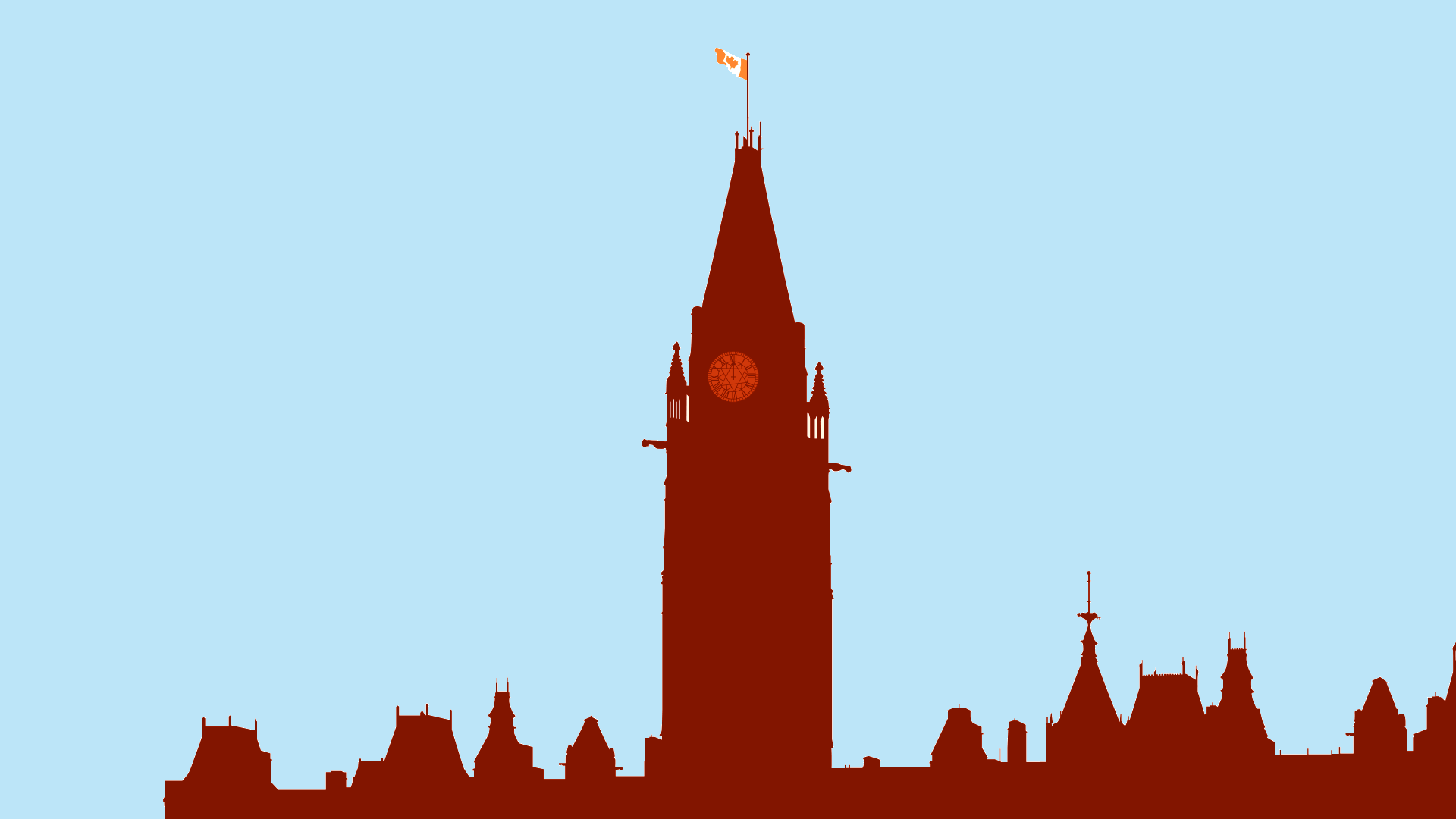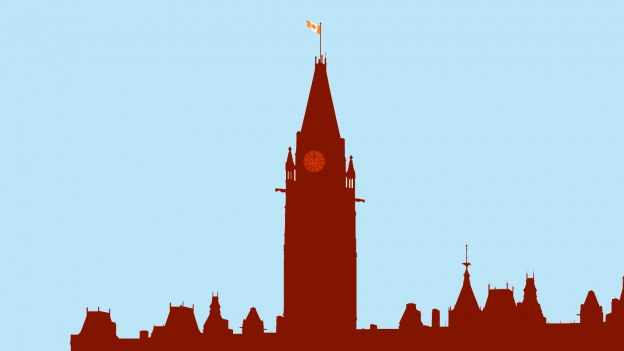
During the recent federal elections, there was very little discussion of national security and anti-terrorism laws, and none of it related to its impact on human rights and civil liberties.
On the eve of the opening of the 43rd parliament, though, there is an urgent need for action on several fronts, including:
- Growing state surveillance;
- Ongoing complicity in torture;
- Secret evidence undermining the right to a fair trial and due process;
- The continued use of the secret and rights-violating No Fly List;
- The refusal to reform Canada’s flawed Extradition Act; and
- Countering racism, xenophobia, Islamophobia and all other forms of hate.
Today the International Civil Liberties Monitoring Group sent the following open letter to Prime Minister Justin Trudeau, copied to all party leaders, outlining where the government must take action.
Read our related blog post: Eight Steps the Liberal Government Must Take to Protect and Promote Civil Liberties
November 14, 2019
The Right Honourable Justin Trudeau
Prime Minister of Canada
Office of the Prime Minister
80 Wellington Street
Ottawa, ON
K1A 0A2
Prime Minister Trudeau,
On the eve of forming a new, minority government, I am writing on behalf of the International Civil Liberties Monitoring Group to urge you to make the defence and promotion of civil liberties a key priority in the next session of parliament.
While people in Canada enjoy protection through the Canadian Charter of Rights and Freedoms and the adherence to the rule of law, our coalition has documented a troubling trajectory of anti-terrorism laws which, while aiming to increase our security, in fact serve to undermine the very rights and safety we seek to protect.
This can come from a misplaced desire for new and unnecessary security powers following a tragic event, in response to international pressure from allies, or, in the worst cases, the pursuit of power and stoking the fears of “others,” both feeding and building upon racism, xenophobia and, over the past two decades, Islamophobia in particular.
Your government now has the opportunity to collaborate with other parliamentarians to truly ensure the rights and freedoms of every person in Canada are protected, and that Canada sets an example on the world stage for adherence to its international human rights obligations.
What would this look like?
Currently, security agencies engage in forms of both mass surveillance, as well as targeted surveillance of people in Canada, particularly protesters opposed to pipelines or in favour of Indigenous rights (for example, RCMP’s project SITKA, CSIS’ surveillance of environmental organizations). Ending these practices is necessary to protect freedom of expression, assembly and association, and the right to privacy, as well as to help political debate and discourse flourish.
Canada also continues to be complicit in torture in multiple ways. New rules on the use and sharing of information tied to torture still include troubling exceptions; Canada continues to allow individuals to face deportation when there is a likely risk of torture, and has failed to provide full redress to Canadians who have suffered torture. This could be addressed by, among other actions, putting a halt to all deportations to torture, including that of Mohamed Harkat; reaching a settlement with torture victim Abousfian Abdelrazik; and enshrining in law a complete ban on the use of information obtained through torture, or the sharing of information which could lead to torture.
Tools meant to combat terrorism often come at the expense of the liberties we mean to protect, and undermine the system of justice in which people in Canada place their faith. These problematic tools include security certificates, the Terrorist Entities List and the Secure Air Travel Act. All of these laws create exceptions to allow information that would not normally be accepted as evidence to be used, in secret, which severely limits the ability of individuals to mount a proper defense. This undermines their rights and places their very safety at risk. Canada must move towards a more open, procedurally fair system that protects due process and allows those accused to effectively defend themselves. To do so, programs like those listed above should be abolished in favour of applying criminal code provisions that preserve the rights of the accused.
Canada’s Extradition Act is in dire need of reform, as demonstrated in the case of Dr. Hassan Diab, among others. Dr. Diab deserves answers and accountability regarding his wrongful extradition from Canada to France and for spending three years in near solitary confinement without trial or even charges. All of this was based on evidence that even the extradition judge found weak and confusing. People in Canada must be certain they will not be wrongly sent to languish abroad in the name of the war on terror. It is urgent that you initiate a public inquiry to provide Dr. Diab the justice he deserves, and take action to reform Canada’s extradition laws.
In the previous session of parliament, your government made efforts to improve on national security and civil liberties through the National Security Act, 2017 (NSA, 2017). We applaud the creation of new review and oversight bodies, in the form of the National Security and Intelligence Review Agency (NSIRA) and the Intelligence Commissioner (IC). It will be important that your government ensures these bodies receive the resources and support necessary for them to carry out their work, and that you carefully consider the qualifications of future appointees, including the importance of ensuring a diversity of backgrounds and perspectives in those who are monitoring the work of Canada’s most secretive agencies. Of particular importance is bringing on members with a demonstrated expertise in human rights protection. We also believe that an opportunity was missed to build on the lessons learned from previous review bodies, particularly the Security and Intelligence Review Committee. This includes ensuring greater transparency in the review process and its results, allowing for binding recommendations, and providing resources in the form of coverage of legal fees, as well as redress to those who bring complaints. While some of these can be initiated by the members of the NSIRA, others will need to be addressed by further changes to the law.
We also remain deeply concerned by and opposed to several aspects of the NSA, 2017, including CSIS’ ongoing threat reduction powers, immunity for CSIS agents who break the law; new powers of collection and retention of “publicly available information,” as well as so-called “unselected information” (essentially amounting to mass surveillance); and new active cyber powers for the Communications Security Establishment. We will be monitoring these closely and continue to advocate that these powers be limited and, in some instances, repealed. Given that the Act will be up for review in three years, we call on your government to already begin laying the groundwork for a true, comprehensive and impactful consultation that will involve a wide range of respondents and result in meaningful improvements to current laws.
Finally, more than three dozen Canadians, including nearly two dozen children, face grave danger in north eastern Syria where they are either in prison or being held in detention camps. This situation cannot persist. All of these individuals face grave dangers to their lives, let alone to their fundamental rights to safety and liberty. The small minority accused of involvement in heinous, criminal activity still deserve to be judged and sentenced according to the norms and values that Canada claims to uphold. And those who have not engaged in criminal activity merit the support of their government in protecting their lives and well-being. Canada must act immediately to repatriate these Canadians, just as several other countries are doing, before it is too late.
It is of utmost importance that, through all this, your government takes meaningful action against Islamophobia, xenophobia, hate, racism, misogyny, homophobia, transphobia, unemployment, poverty and more. It is necessary to address these issues in order to prevent divisiveness, violence, social isolation and desperation, and to create a better society for all.
Criminal punishment is not always a deterrent to criminal activity, and prevention as designed by security agencies can easily be misused in racist ways, or against those who speak out against injustices. Improving societal conditions would be much more effective in preventing violence.
On behalf of our 46 Canadian member organizations, I would like to thank you in advance for taking our concerns into consideration. We would greatly appreciate the opportunity to meet with you and members of your office to discuss actions and policies to effectively address these issues.
Sincerely,
Tim McSorley
National Coordinator
International Civil Liberties Monitoring Group
cc: Yves-François Blanchet, leader, Bloc Québécois
cc: Elizabeth May, parliamentary leader, Green Party of Canada
cc: Andrew Scheer, leader, Conservative Party of Canada
cc: Jagmeet Singh, leader, New Democratic Party of Canada
Since you’re here…… we have a small favour to ask. Here at ICLMG, we are working very hard to protect and promote human rights and civil liberties in the context of the so-called “war on terror” in Canada. We do not receive any financial support from any federal, provincial or municipal governments or political parties. You can become our patron on Patreon and get rewards in exchange for your support. You can give as little as $1/month (that’s only $12/year!) and you can unsubscribe at any time. Any donations will go a long way to support our work. |



